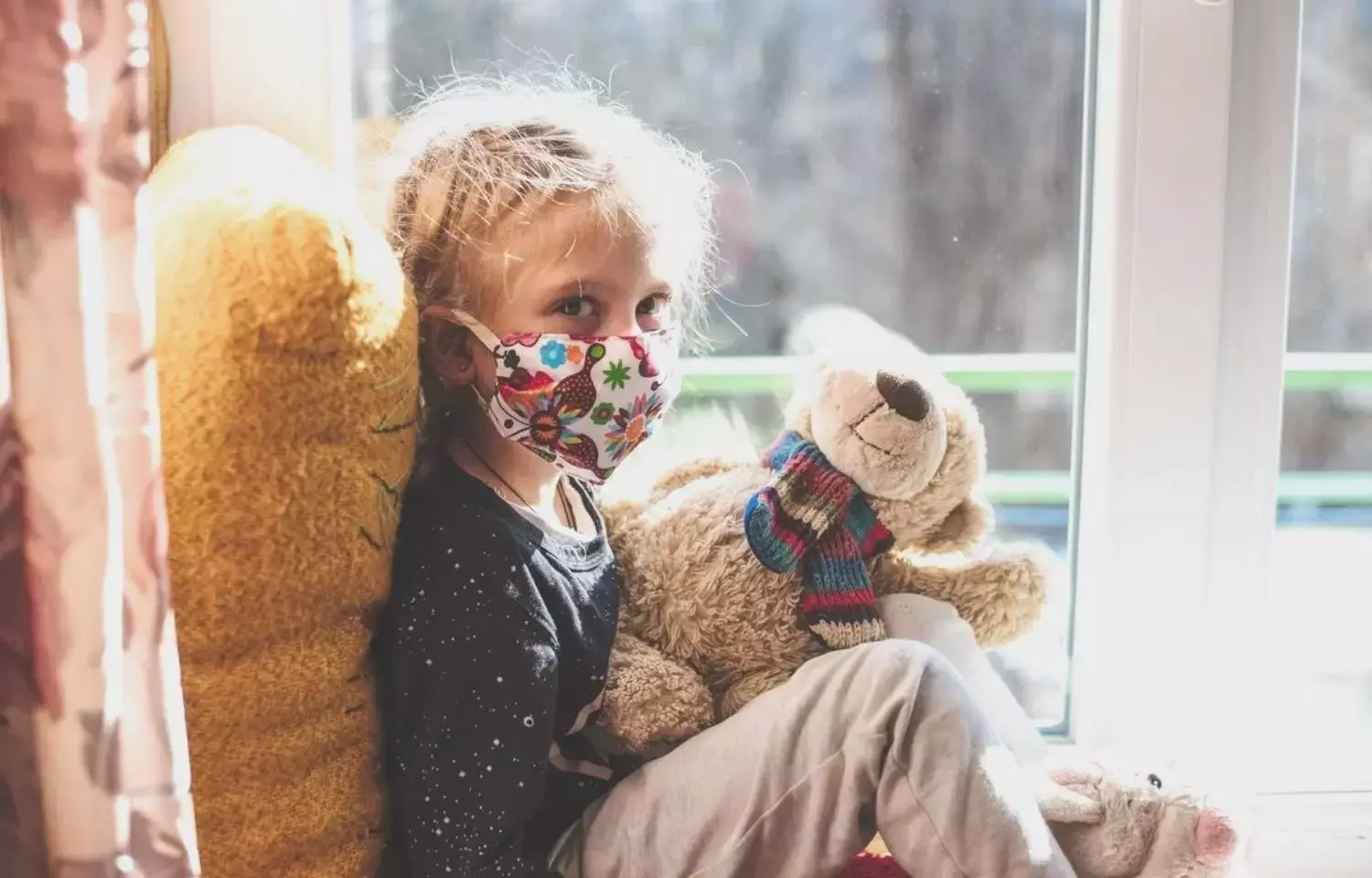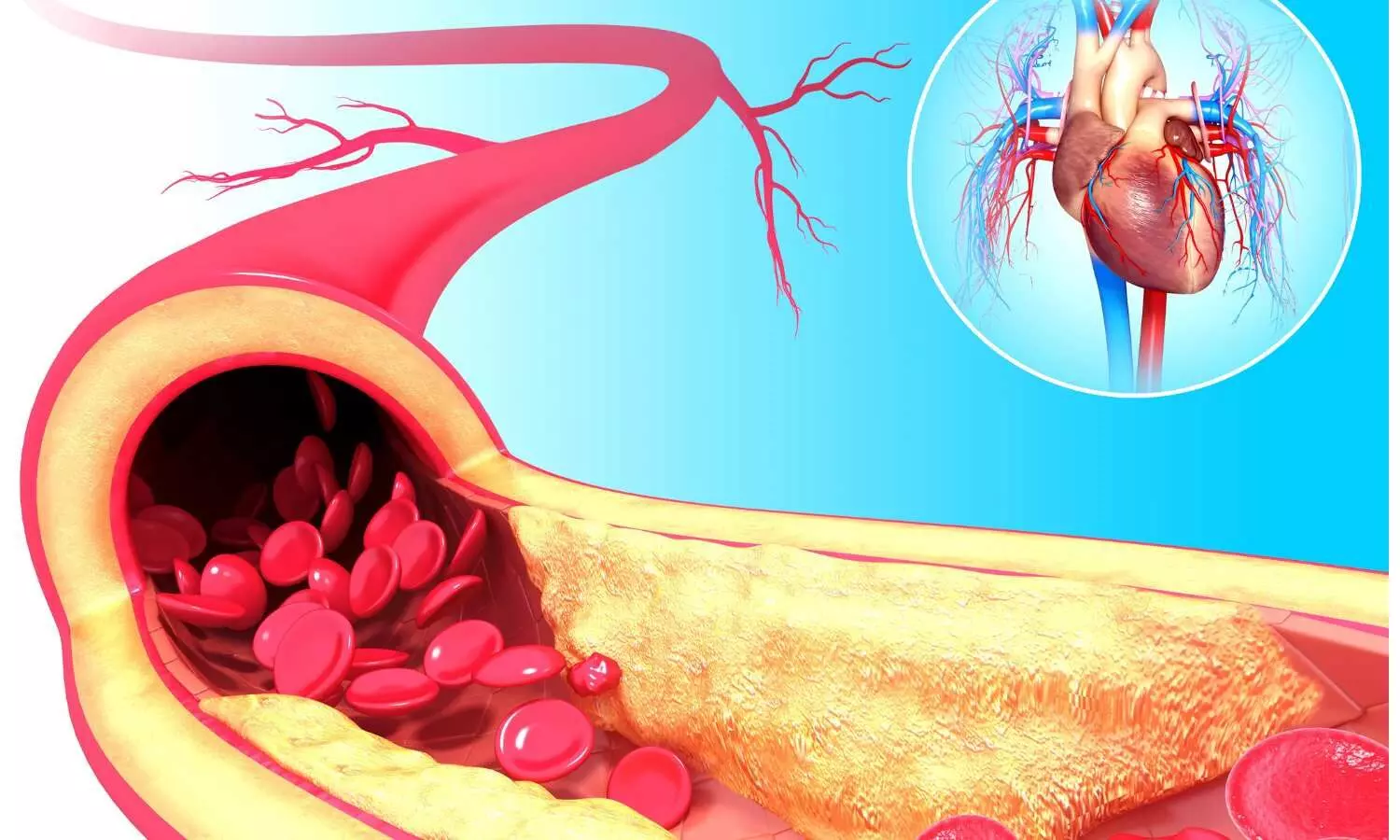- Home
- Medical news & Guidelines
- Anesthesiology
- Cardiology and CTVS
- Critical Care
- Dentistry
- Dermatology
- Diabetes and Endocrinology
- ENT
- Gastroenterology
- Medicine
- Nephrology
- Neurology
- Obstretics-Gynaecology
- Oncology
- Ophthalmology
- Orthopaedics
- Pediatrics-Neonatology
- Psychiatry
- Pulmonology
- Radiology
- Surgery
- Urology
- Laboratory Medicine
- Diet
- Nursing
- Paramedical
- Physiotherapy
- Health news
- Fact Check
- Bone Health Fact Check
- Brain Health Fact Check
- Cancer Related Fact Check
- Child Care Fact Check
- Dental and oral health fact check
- Diabetes and metabolic health fact check
- Diet and Nutrition Fact Check
- Eye and ENT Care Fact Check
- Fitness fact check
- Gut health fact check
- Heart health fact check
- Kidney health fact check
- Medical education fact check
- Men's health fact check
- Respiratory fact check
- Skin and hair care fact check
- Vaccine and Immunization fact check
- Women's health fact check
- AYUSH
- State News
- Andaman and Nicobar Islands
- Andhra Pradesh
- Arunachal Pradesh
- Assam
- Bihar
- Chandigarh
- Chattisgarh
- Dadra and Nagar Haveli
- Daman and Diu
- Delhi
- Goa
- Gujarat
- Haryana
- Himachal Pradesh
- Jammu & Kashmir
- Jharkhand
- Karnataka
- Kerala
- Ladakh
- Lakshadweep
- Madhya Pradesh
- Maharashtra
- Manipur
- Meghalaya
- Mizoram
- Nagaland
- Odisha
- Puducherry
- Punjab
- Rajasthan
- Sikkim
- Tamil Nadu
- Telangana
- Tripura
- Uttar Pradesh
- Uttrakhand
- West Bengal
- Medical Education
- Industry
COVID-positive infants at lower risk of UTI, bacteremia and bacterial meningitis compared to COVID-19 negative febrile infants

U.S.A: Febrile infants aged 8 to 60 days who tested positive for COVID-19 had a lower prevalence of urinary tract infection (UTI), bacteremia, and bacterial meningitis. The prevalence of UTI and invasive bacterial infection was particularly low in infants aged 29 to 60 days and having normal inflammatory marker (IM) levels. The study results were published in the journal JAMA Network Open.
Most of the febrile infants aged 60 days or younger who visit the emergency room have viral infections mainly due to upper respiratory tract infections. Those who have tested positive for respiratory viral infections generally have a lower prevalence of urinary tract infection (UTI), bacteremia, and bacterial meningitis. But there is uncertainty on the prevalence of urinary tract infection (UTI), bacteremia, and bacterial meningitis in febrile infants with SARS-CoV-2. As it helps in clinical decision-making, researchers conducted a multicenter cross-sectional study to assess the prevalence of UTI, bacteremia, and bacterial meningitis among febrile infants aged 8 to 60 days with SARS-CoV-2 vs without SARS-CoV-2.
The study was carried out as part of a quality improvement initiative at 106 hospitals in the US and Canada. Full-term, previously healthy, well-appearing infants aged 8 to 60 days without bronchiolitis and with a temperature of at least 38 °C who underwent SARS-CoV-2 testing in the emergency department or hospital between November 1, 2020, and October 31, 2022, were included in the study. SARS-CoV-2–positive infants were tested for the presence of normal vs abnormal inflammatory marker (IM) levels. The main outcomes were ascertained by medical record review and included the prevalence of UTI, bacteremia without meningitis, and bacterial meningitis. The proportion of infants who were SARS-CoV-2 positive vs negative was calculated for each infection type and stratified by age group and normal vs abnormal IMs. 95% CIs was calculated for each infection type and results were stratified by SARS CoV-2 positivity and AAP CPG age group.
Key findings:
- Among 14,402 febrile infants with SARS-CoV-2 testing, 8413 (58.4%) were aged 29 to 60 days; 8143 (56.5%) were male; and 3753 (26.1%) tested positive.
- COVID-positive infants had a lower proportion of UTI, bacteremia without meningitis, and bacterial meningitis when compared with infants who tested negative.
- Among infants aged 29 to 60 days who tested positive for SARS-CoV-2, 0.4% had UTI, less than 0.1% had bacteremia, and less than 0.1% had meningitis.
- Among SARS-CoV-2-positive newborns, those with normal IMs had a lower proportion of bacteremia and/or bacterial meningitis than those with abnormal IMs.
Thus, a lower prevalence of UTI, bacteremia, and bacterial meningitis was found in febrile infants who tested positive for SARS-CoV-2, particularly infants aged 29 to 60 days and those with normal IMs.
Further reading: Aronson PL, Louie JP, Kerns E, et al. Prevalence of Urinary Tract Infection, Bacteremia, and Meningitis Among Febrile Infants Aged 8 to 60 Days With SARS-CoV-2. JAMA Netw Open. 2023;6(5):e2313354. doi: 10.1001/jamanetworkopen.2023.13354
BDS, MDS
Dr.Niharika Harsha B (BDS,MDS) completed her BDS from Govt Dental College, Hyderabad and MDS from Dr.NTR University of health sciences(Now Kaloji Rao University). She has 4 years of private dental practice and worked for 2 years as Consultant Oral Radiologist at a Dental Imaging Centre in Hyderabad. She worked as Research Assistant and scientific writer in the development of Oral Anti cancer screening device with her seniors. She has a deep intriguing wish in writing highly engaging, captivating and informative medical content for a wider audience. She can be contacted at editorial@medicaldialogues.in.
Dr Kamal Kant Kohli-MBBS, DTCD- a chest specialist with more than 30 years of practice and a flair for writing clinical articles, Dr Kamal Kant Kohli joined Medical Dialogues as a Chief Editor of Medical News. Besides writing articles, as an editor, he proofreads and verifies all the medical content published on Medical Dialogues including those coming from journals, studies,medical conferences,guidelines etc. Email: drkohli@medicaldialogues.in. Contact no. 011-43720751



